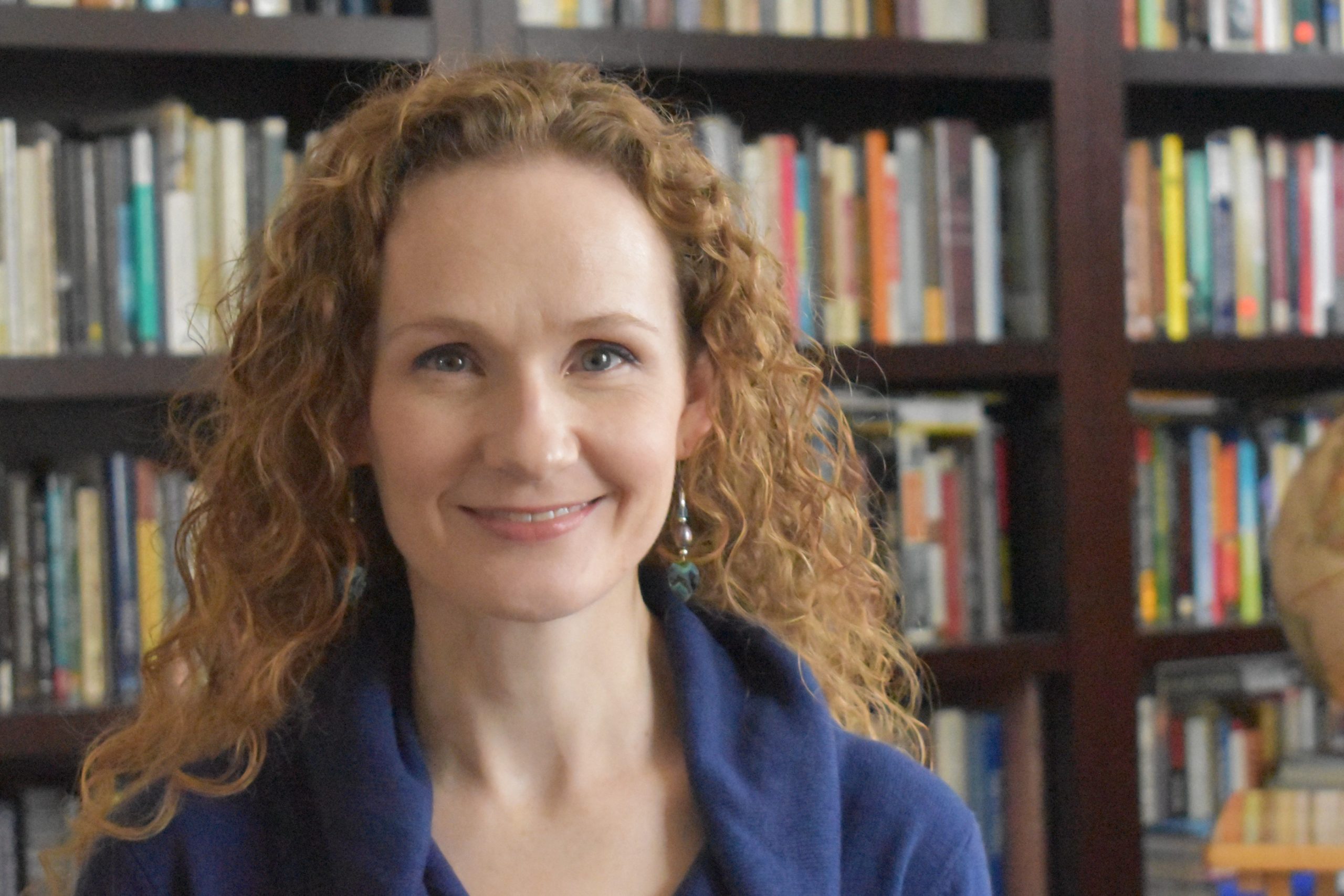In times of relative peace, a just war thinker can feel out of step. This is not one of those times. Russia’s war on Ukraine is a textbook example of an unjust, unprovoked war of aggression. Russia faced no security threat other than the threat that democratic ideas pose to Putin’s rule, and had no legitimate reason to launch an attack.
In the opening days of the war in Ukraine, I heard Thucydides quoted more times than in nearly my entire formal education. Suddenly, everyone was awakened to the reality of hard power: “The strong do what they can, and the weak suffer what they must.” One month ago, the consensus seemed to be that Ukraine could resist for a few days or a few weeks at most, and that Ukraine’s inevitable loss was the price that must be paid for containment.
Of course, we now see those pronouncements were premature. From Volodymyr Zelensky on down, the Ukrainian people have shown remarkable courage and tactical savvy. With aid from Western nations, they have exposed the weaknesses of Putin’s regime and the limits of Russia’s military.
That conventional wisdom was so quickly refuted should make us cautious about further pronouncements. Caution is one reason that I, a just war thinker rather than a foreign policy expert, have been sparing in my public comments. I also did not expect to see so soon such a clear example of the lust for domination unfold on the world stage, almost like a morality play.
Over the past month, there have been many claims about what the Russian invasion means—historically, politically, militarily, economically. Many of those claims will turn out to be wrong. And that is an important fact, not just because it exemplifies the challenges of decision-making in the fog of war.
The fallibility of prediction is important because it reminds us of a fundamental principle of moral decision-making: when outcomes cannot be predicted with reasonable confidence, we have to rely more heavily on values.
In a recent essay for The Atlantic on the Russia-Ukraine war, Elizabeth Bruenig defended an antiwar stance as a “serious, considered, and human position.” More than that, she argued that the leftist assessment that non-intervention would save lives—despite the horrors of the Russian attack—makes it a more realistic point of view than believing that US military involvement would bring victory rather than disastrous escalation.
Bruenig is surely correct about the risks of escalation. Her argument, however, glosses over the other side of the moral coin: morality is never just a calculation of interests, harms, benefits, or consequences. Morality is also a defense of principles—not just the supreme value of human lives, but the values of justice and liberty that are the essential foundation of any moral political order.
Putin’s war in Ukraine exposes the end game of autocracy: autocracy survives by limiting liberty, and it can only limit liberty through injustice. Putin sees this clearly. His crackdown on liberty at home mirrors his ever-greater atrocities in Ukraine. Finally, everyone else can see Putin for what he is: not “someone to do business with,” but a ruthless autocrat whose openness to the West lasted only as long as it suited his drive for wealth and power.
This raises several questions for liberal democracies—questions leftists should also raise: Why were so many Western companies doing business in Putin’s Russia in the first place? Why were Russian oligarchs, with their kleptocratic wealth, welcomed in polite circles and allowed to buy up exclusive properties in New York and London? Why were their children granted admission to Oxford and Cambridge?
This war indicts Putin’s Russia, to be sure, but it also indicts those in the West who enjoyed the prosperity that open societies created without safeguarding the political foundations that sustain them. It calls into question the values of cosmopolitans whose wealth and mobility shielded them from having to worry about things so mundane as building and maintaining civil society or paying taxes—who celebrated the disruption of longstanding institutions and norms, without a clear understanding or substantive idea about what would replace them. Who stood by as the increasing gap between rich and poor constricted opportunity, creating fertile ground for conspiracy theories and demagoguery.
The West is not responsible for Putin’s war. But Western democracies are responsible for whether they live by the values that set them apart from the values that animate Putin’s imperial fantasy, and for whether they defend those values against attack—by fashionable opinion-makers, religiously inspired revanchists, or murderous dictators.







 Live in the DC area? Sign-up for Providence's in-person events list!
Live in the DC area? Sign-up for Providence's in-person events list!